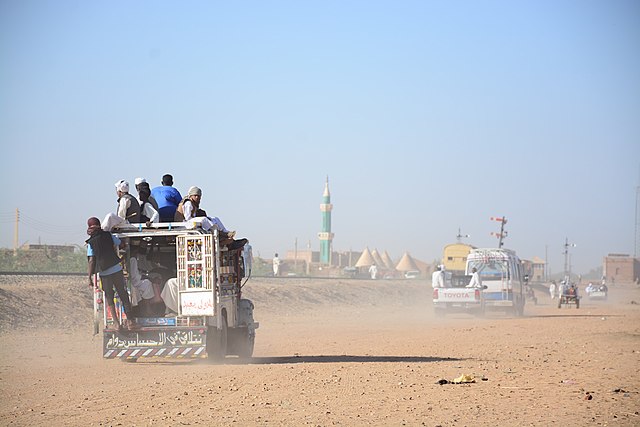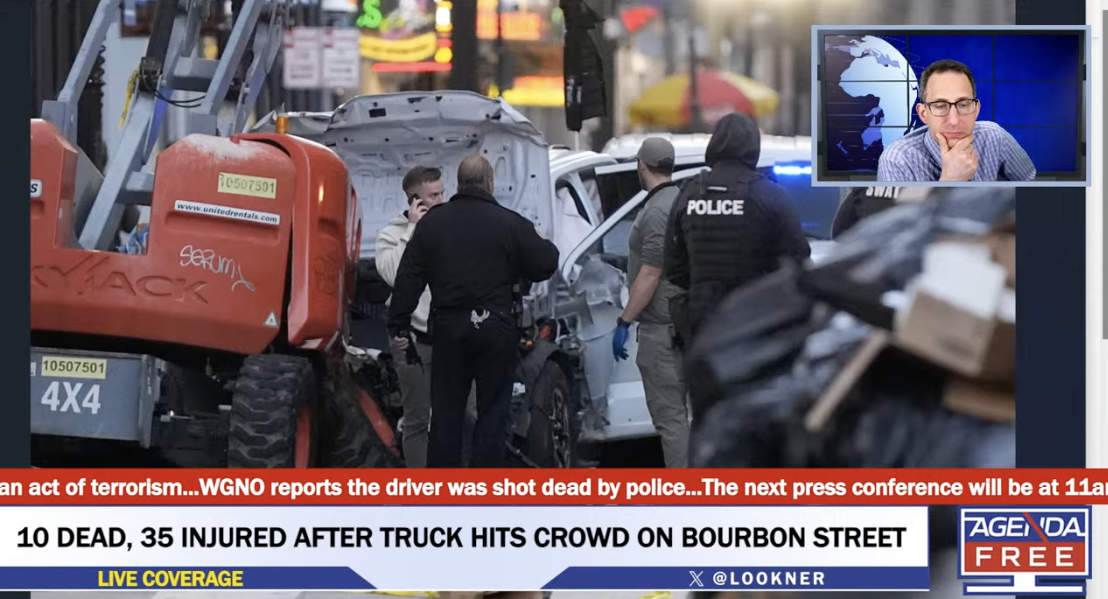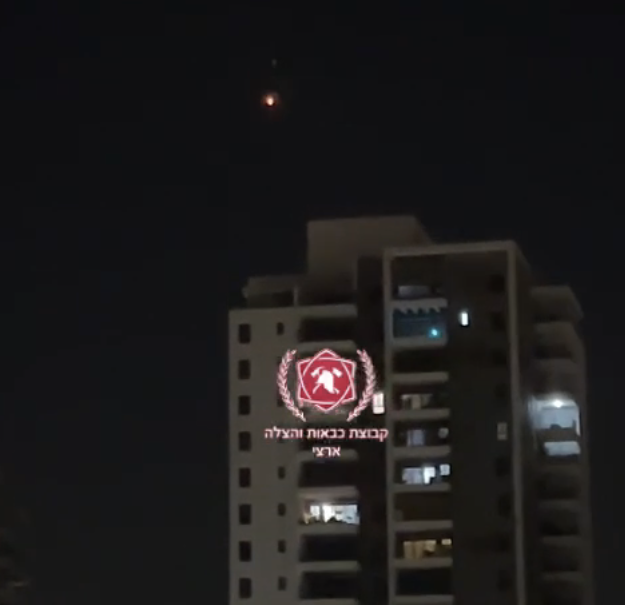
Please Follow us on Gab, Minds, Telegram, Rumble, Gab TV, GETTR, Truth Social, Twitter
Sudan is collapsing as violence expands beyond Khartoum and Omdurman to Darfur and across the country and could bleed into a massive regional and international conflict.
It’s a recipe for a prolonged colossal crises and humanitarian travesty that could devastate other countries in the Middle East and other parts of Africa and beyond.
The two warring factions inside Sudan have tens of thousands of supporters - some national - some foreign - and both sides are banking they will win because whoever wins may be the next President of Sudan.
Alternatively, the loser may end up dead, arrested or forced into exile.
In the meantime, the suffering is exploding and reverting to what gripped Sudan in past years between Sudan and now, Southern Sudan.
Sudan is not sustaining the nearly two weeks old crises that has been simmering since the military takeover upended Sudan’s transition to democratic rule after three decades of repression and international isolation under former President Omar al-Bashir.
Sudan’s economy has been in a free fall with rising inflation even before the last two weeks ignited.
But, in the last two weeks, electricity has been out in parts of Khartoum and Omdurman. There is a lack of access to food and water, and disruptions to essential health services with nearly 60% of the hospitals inoperable, and only 16% of health facilities operable with enough medicine and supplies.
The fighting makes it impossible for civilians to get to paramedics, nurses and doctors and those with chronic diseases abandoned. Pregnant women have no access to maternal care and tens of thousands are due to give birth in the next few weeks.
The risk of diseases is ever higher because the disrupted water supply has forced the public to drink river water to survive. With electricity down, the blood stock stored in the Central Blood Bank is unusable.
General Abdel Fattah Burhan, head of the Sudanese armed forces, and Gen. Mohammed Hamdan Dagalo, the leader of the Rapid Support Forces (RSF) at this point are in a gladiator’s fight to seek control of Sudan.
This Battle of Dominance comes two years after they jointly carried out a military coup and derailed a transition to democracy that had begun after protesters in 2019 forced the ouster of former President Omar al-Bashir.
Alex De Waal at Tufts University has been one of the leading experts on Sudan for decades.
He recently wrote that the conflict should be seen at this stage as “the first round of a civil war.”
“Unless it is swiftly ended, the conflict will become a multi-level game with regional and some international actors pursuing their interests, using money, arms supplies and possibly their own troops or proxies,” De Wall wrote in a memo to colleagues recently.
Sudan shares its waters with Egypt and Ethiopia. Egypt relies on the Nile and Ethiopia is working on a massive upstream dam that has alarmed both Cairo and Khartoum.
Egypt has close ties to Burhan, which it sees as an ally against Ethiopia. Cairo has reached out to both sides in Sudan to press for a cease-fire but is unlikely to stand by if the Burhan’s military faces defeat.
Sudan borders five additional countries: Libya, Chad, the Central African Republic, Eritrea and South Sudan, which seceded from Sudan in 2011 and took 75% of Khartoum’s oil resources with it.
Nearly all the countries are mired in their own internal conflicts, with various rebel groups operating along the Sudan borders.
The spillover to other countries could turn an internal fight into regional and international disasters with unintended and yet unforeseen consequences.
The United Arab Emirates with its rising military ambitions expanded its presence across the Middle East and East Africa. It has close ties to the Rapid Support Forces, who sent thousands of fighters to aid the UAE and Saudi Arabia in their war against Iran-backed Houthi rebels in Yemen.
Russia, meanwhile, has long harbored plans to build a naval base capable of hosting up to 300 troops and four ships in Port Sudan, on a Red Sea trading route for energy shipments to Europe.
Russians have been inside Sudan since at least 2017 because of Sudan’s gold. Kenya has investments in agriculture for over a decade.
And, then there is China, which has deep economic ties with Sudan for decades.
Their oil-based relationship reverts to 1959 and grew into a trading partnership. The China National Petroleum Corporation acquired 40% of a stake in a Sudanese oil consortium. There are more than 130 Chinese companies operating inside Sudan as of 2022. China is Sudan’s second largest trading partner.
Although China has not taken either side in the current crises, they have called for peace.
“We call on the two sides to stop fighting as soon as possible and prevent further escalation. We hope parties in Sudan will increase dialogue and jointly move forward the political transition process,” Chinese Foreign Ministry Wang Wenbin said last Friday.
‘NO AD’ subscription for CDM! Sign up here and support real investigative journalism and help save the republic!‘
In the last 24 hours, the Chinese PLA’s Southern Theatre Command sent a fleet to Sudan consisting of three vessels – a destroyer, a frigate and a replenishment ship – as well as two shipborne helicopters and more than 700 military personnel to evacuate its citizens in the Sudan.
And, then this is Israel - the U.S. took Sudan off a state sponsor of terrorism list resulting from the time when al-Bashir had allowed Osama bin Laden to stay in the country, but only when Sudan forged ties with Israel in 2020.
According to De Wall, sorting this out won’t be easy.
“Control over political funds will be no less decisive than the battlefield. (The military) will want to take control of gold mines and smuggling routes. The RSF will want to interrupt major transport arteries including the road from Port Sudan to Khartoum,” predicts DeWaal.
The negotiating table will be large and the terms complicated.
“The external mediators risk becoming a traffic jam with no policeman,” says De Waal.
But, for now, as the war rages on, nearly 16 million are in need of humanitarian aid. That is almost 1/3 of the country’s population putting international NGOs and United Nations grabbing at straws to see what happens next.

























Thanks to evil Victoria Nuland ...
I can see the waves of Sudanese refugees arriving already.......
Well,
the farmer has decided some flocks need to be culled, some others sheared and the eggs collected from the henhouse. For the elites it is just part of their enterprise in which the human is no more than a domesticated farm animal.